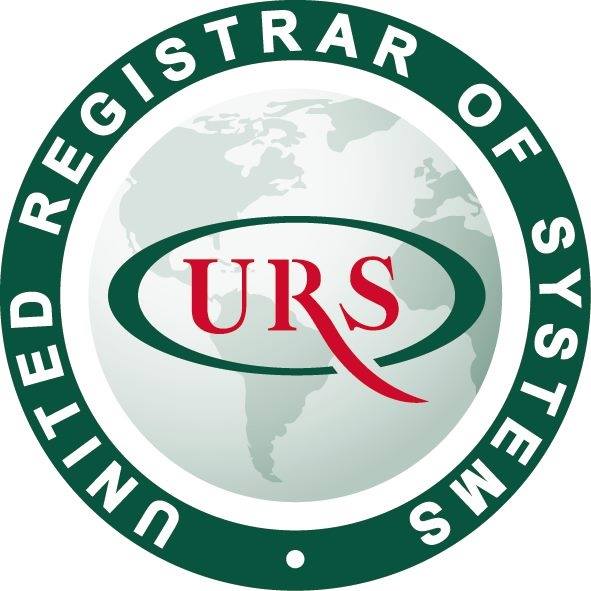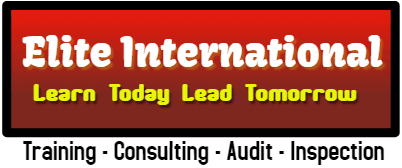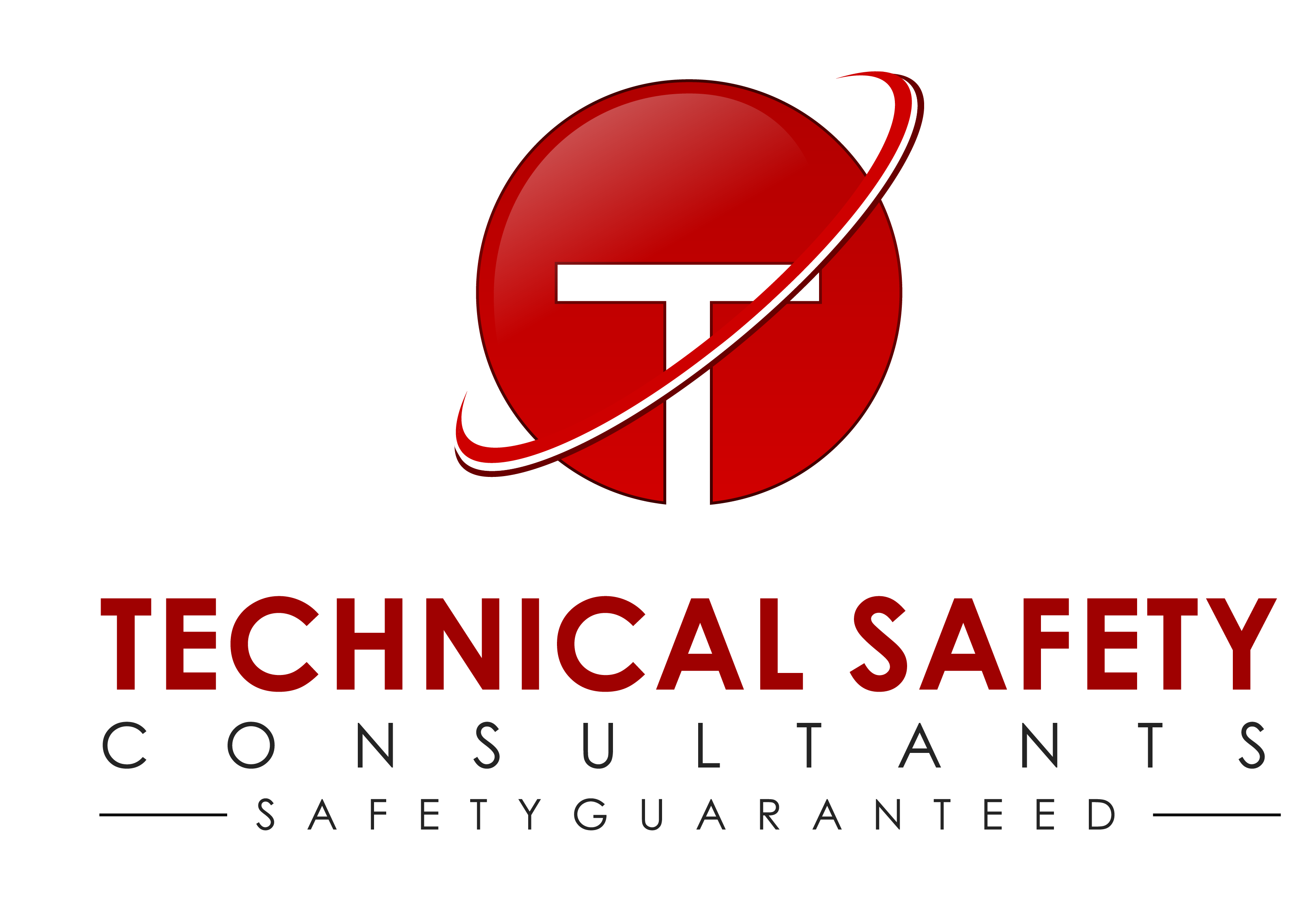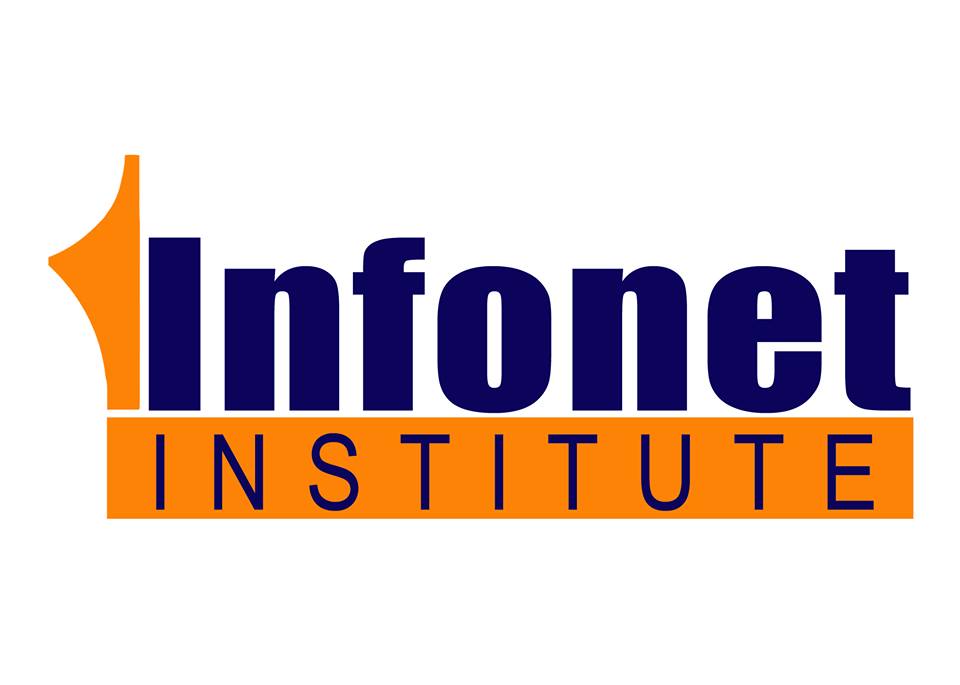Advanced Legionella training equips participants with the skills needed to effectively manage Legionella risks and respond to potential outbreaks. This training is ideal for environmental health professionals, facility managers, and maintenance staff in healthcare, hospitality, and industrial sector

Advanced Legionella training is designed for professionals who already have a foundational understanding of Legionella and wish to deepen their knowledge and skills in managing and preventing Legionnaires’ disease. This type of training typically covers more complex topics and practical applications.
Here’s an outline of what advanced Legionella training might include:
Objectives of Advanced Legionella Training:
1. In-Depth Understanding of Legionella: Explore the biology, ecology, and pathogenicity of Legionella bacteria.
2. Comprehensive Risk Assessment: Learn advanced techniques for assessing and managing Legionella risks in various water systems.
3. Regulatory Frameworks: Understand the latest regulations, guidelines, and standards related to Legionella management.
4. Advanced Water Management Strategies: Develop and implement comprehensive water management plans tailored to specific facilities.
5. Outbreak Investigation Techniques: Gain skills in investigating and responding to Legionella outbreaks effectively.
6. Emerging Technologies: Explore the latest technologies and methodologies for monitoring and controlling Legionella.
Key Topics to Cover:
1. Legionella Pathogenesis: Detailed study of how Legionella infects humans and the mechanisms of disease.
2. Environmental Sampling and Testing: Advanced techniques for sampling and laboratory analysis of water systems for Legionella.
3. Risk Mitigation Strategies: Best practices for designing systems to minimize Legionella growth, including system design, maintenance, and retrofitting.
4. Case Studies of Outbreaks: Analysis of significant Legionella outbreaks to understand failures and successes in prevention and response.
5. Legionella Monitoring Programs: Developing and implementing effective monitoring and testing programs.
6. Legal and Ethical Considerations: Understanding liability, reporting requirements, and ethical considerations in Legionella management.
7. Interdisciplinary Collaboration: Strategies for working effectively with various stakeholders, including public health officials, facility managers, and maintenance staff.
Training Methods:
• Workshops and Hands-On Training: Interactive sessions to practice risk assessments, sampling techniques, and response protocols.
• Expert Lectures: Presentations from specialists in microbiology, public health, and water management.
• Group Discussions: Facilitated discussions to share experiences and challenges faced in Legionella management.
• Field Visits: Site visits to facilities with effective Legionella management practices for real-world learning.
Evaluation and Certification:
• Assessments: Quizzes or practical exams to evaluate knowledge gained during the training.
• Certification: Provide a certificate of completion for participants who successfully meet course requirements.
Intertek Cristal's experts have the experience to assure your key staff, management, and suppliers will be up to date on key compliance issues, technical expertise, and more.
Trained and competent personnel are the foundation of any organisation. From becoming brand ambassadors, to consistently delivering an exceptional guest experience, to effectively and capably responding to health and safety incidents, the importance of a robust learning and development program cannot be stressed enough.
Our faculty consists of instructors who are widely regarded as authorities in their respective areas of expertise. Specialties include epidemiology, hygiene control, food science and safety, microbiology, security, sustainability, and risk management.
Our educators are passionate about sharing their knowledge and expertise through instructor-led training, workshops and the application of technology to educate learners across the globe.
(Institute Review)
55 years ago(Institute Review)
55 years ago
The practice of using occupational chemical substances in a manner that ensures the safety and health of humans and prevents damage to the environment.

This training will prepare you for the Certified Safety Professionals (CSP) exam where you will cover topics about safety duties, making worksite assessments, assessing potential hazards and controls, determining and evaluating risk, control

This training will provide knowledge and understanding of all types of False Work (Slab Scaffold) including Inspection and Design Calculation Review.

Fall protection plays an important role in safety in any industry where workers are at height. While companies may understand the importance of having a plan and equipment in place, many fail to fully address the issue of escape from heights

This course is designed to equip you with the knowledge and skills that you need to audit an occupational health and safety management system in line with the relevant international standards.
© 2025 www.coursetakers.ae All Rights Reserved. Terms and Conditions of use | Privacy Policy